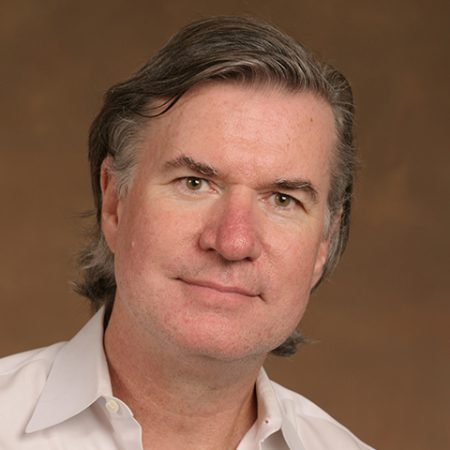
With the recent surge of bomb threats targeting Jewish Community Centers and the spate of vandalism in predominately Jewish cemeteries, there are many questions as to what has caused a sudden increase in anti-Semitic crimes.
Experts from Florida State University are available to comment on this rash of attacks on the American Jewish community.
John Corrigan, Lucius Moody Bristol Distinguished Professor of Religion and professor of history, Department of Religion: (850) 644-8094; jcorrigan@fsu.edu
Corrigan’s research focuses on religion and emotion, religious intolerance and the spatial humanities. His scholarship pays special attention to American religious history and the legacy of religious persecution in the United States.
“Anti-Semitic language, like all religious intolerance, is a slippery slope. Rhetorical violence can lead to vandalism and bomb threats, and eventually to violence in which people die. When national leaders fail to oppose all religious intolerance — when they fail to defend even one group — they risk placing the nation on that slippery slope. There is no such thing as selective tolerance. Failure to protect one group opens the door for persecution of all.”
Nathan Stoltzfus, Dorothy and Jonathan Rintels Professor of Holocaust Studies, Department of History, (850) 644-9529; nstoltzfus@fsu.edu
Stoltzfus’ research and publications have focused on collaboration, resistance and state control in 20th century Germany. Stoltzfus’ most recent work, titled “Hitler’s Compromises: Coercion and Consensus in Nazi Germany,” examines the Nazis strategic management of dissent, and his current research investigates the effect of the Cold War and its demise on national memories and representations of World War II.
“Anti-Semitism has erupted in various forms and to different degrees for many years. Is this the same old animosity finding a new voice or is something new causing an increase in anti-Semitic acts? Often these outbursts have related to a sense that there is a license to commit acts of hatred due to changing social norms, new governing sensibilities or new media messages.
“But there is a similar discussion about increased anti-Semitism in Europe, especially in France but also in Germany and elsewhere, which indicates that this is a wider phenomenon. Historians and others puzzle over whether it being fueled by the pressures of immigrants, many of whom are Muslim and are sometimes presumed to be anti-Semitic, or whether it has nothing to do with immigration.
“A related part of the debate is whether — and if so to what extent — criticisms of Israeli policy equates with anti-Semitism. In Germany for the first time there is now a sustained and open critique of Israeli policies, and this perspective has also been expressed more openly and forcefully in the U.S. in recent years as well.”




